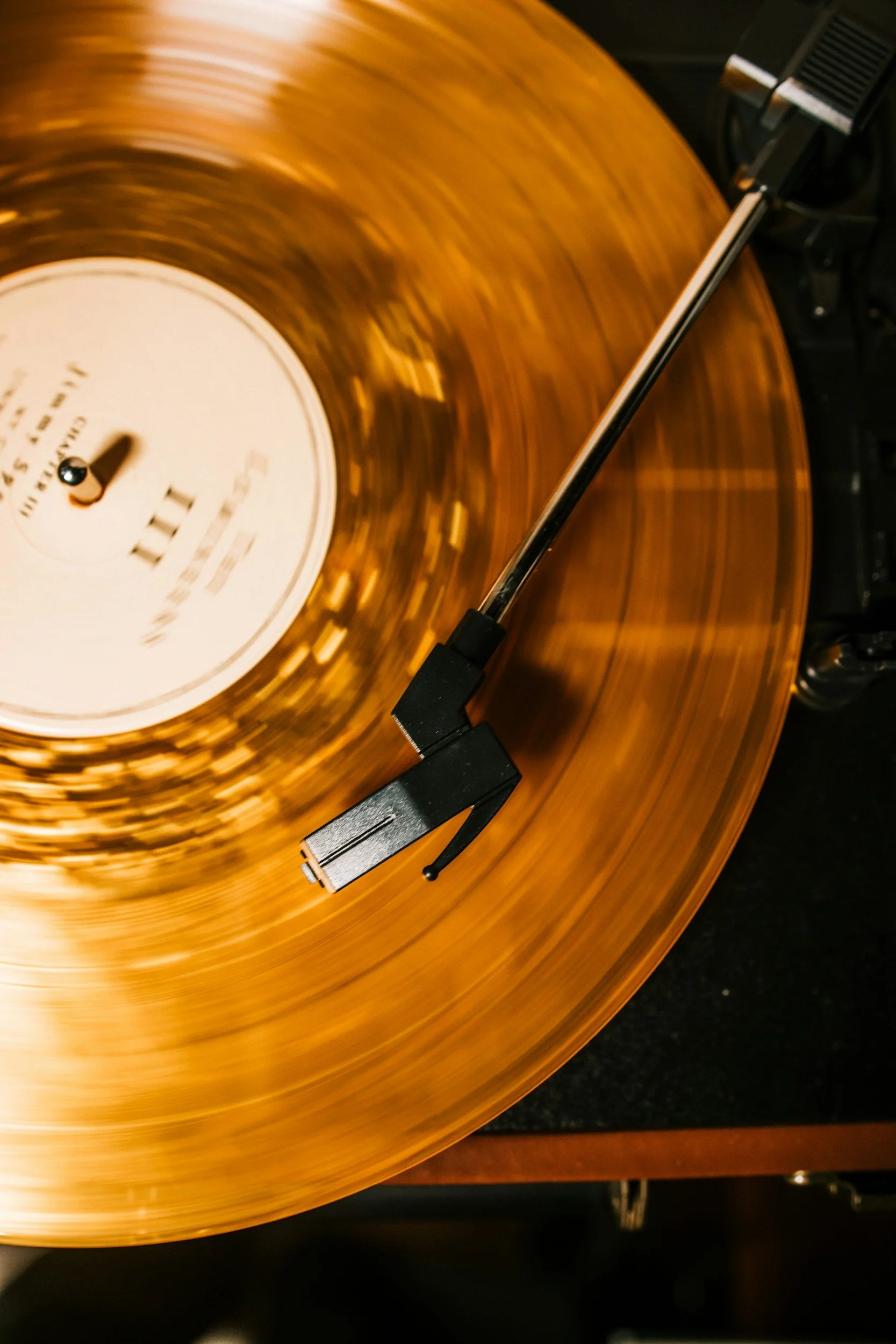Tamale Weather
It’s December 1999, and the world hasn’t ended yet. The dreary weather reflects the pit of dread in my stomach, and nothing tastes right. My mother pulls down her largest pot from the top shelf of glory, and she shines it for show because today is the day.
We pile in the car, my sisters and I huddled close, knees sticking together like masa. My dad blasts the heat so hot I feel dizzy. I draw a smiley face with my pinky on the foggy glass, and we drive an hour to Sack n’ Save in Dallas. The three of us sisters wander the store to admire its treasures. We stick our hands in a barrel of beans. We plot ideas on how to release the lobsters from captivity. My mom lets Daisy order cheese from the cheese man. He cuts off a sliver for each of us and we savor the salty bite—two parts ting, one part tang—queso fresco with a chile rim. We run past jars of pickled pig feet. Daisy and I goad Jenny into touching a package of lamb head with eyeballs still intact.
Our parents are at the register, next to the rack of pan dulce, glistening like angels underneath a white light. I pick a donut for everyone in my family (including a dry dusty one for anyone I’m mad at). A conchita for me, since I know the white sugar one taste best, and I’m willing to trade a third of it for the strawberry ring in Daisy’s striped cookie. I even remember the baby, who gets a wedge of pink sprinkle cake.
My mom stacks goods neatly on the conveyor belt in the order she wants them packed: lard, masa, spices, beef shoulder, a pound of jalapenos with lots of stripes, and one two-liter Coca-Cola Classic. Her forehead wrinkles in worry as she counts under her breath as items fly past the register. She doesn’t know what I know. Today, whatever is in my dad’s wallet, it is always just enough.
On the way home, we pile in the trunk of the old Mazda and let the Sears parking lot light lull us to sleep. The excitement wore us out. My parents carry us into the house and we lay next to each other, pigtails threading together, the baby’s basket at the foot of the bed. The oldest in the middle, the middle on the ledge (to ward off robbers), and the little one, that’s me. I’m the one most likely to seal the draft between the wall and the bed. We sleep piled down with fleece blankets, purchased on the steps of a church where a miracle was once performed. I smile into the cracked blue wall. My parents’ voice murmur in the kitchen alongside our TV family: Jaime Ruiz, Sabado Gigante, and Walter Mercado. The light is kept on in the kitchen, in case anyone is trying to find their way home.
My parents go to sleep after us. The sound of them washing dishes, running laundry, pouring rice into piping hot vegetable oil, the pops and snaps and clinks of it all soothes us into comforting dreams. The starlight streams in through the window, the baby coos, and just like that it’s the year 2000, and my parents have been working like elves into the night.
The smell of simmering meat, beans, and hot chocolate wakes us to a fever pitch. The front and back door are labeled with taped notebook paper in my dad’s slanted script: “do not open!”
The home stretch has begun.
Jenny plugs her headphones into the living room television and is watching MTV on mute. Daisy plays with the baby, who keeps crawling into my kitchen. My position is of greatest importance—I’m the metiche who masterminds the whole operation.
My first job is to run the corn husks through the dryer without burning the house down. Then, I soak them in the bathtub. The dryer does a better job at skimming the dust from their journey: the fields, Sack n’ Save, Standifer Street. After the leaves soak and I get rid of the crummy ones, my dad spreads each leaf with his lucky spoon. The top handle is bent, the scoop a little larger than your everyday spoon. He shows me how to place a lump of masa on the husk with the back of the spoon at a precise mathematical location and then spread out like a ray of sunshine. I try, and am humbled by my Sunday school lessons—ashes to ashes, dust to dust—as I’m also back to where I began, with a lump of masa stuck on a spoon, no ray of sunshine. It’s harder than it looks, my dad says.
During this demo, my mom pokes around in the background, her head in cabinets filled with mostly empty jars. These are the sacred spices she hauled from my grandmother’s in Mexico, where she lives on the tippity top of a volcano. I whip my head around one second too late, and my mom loudly proclaims she’s already added the secret ingredient to the filling.
My forehead is sweaty, and I taste the meat for sazon. The door is still closed, because if you open the door the tamales will turn on you. My tia forgot to close the door once, and her tamales turned to mush. Now we don’t even remember her name. We just call her Sancochada (a word reserved for tamales that give you a belly ache).
My job now is to fill each doughy leaf with beans, cheese, jalapeno, or meat. My favorite is my special combo, done behind my mother’s back—one fully cheese and one fully masa.
I know how much filling to lay down the middle to make the perfect tamale, and then I wrap them like a soldier in a corn husk coat. I know when I’m being floja because the tamales are approximately three times that size. That’s when I’m kicked out of my own kitchen, pigtails flying, and my parents spend, oh, the next seven hours finishing out the great operation I’ve laid out.
We eat tamale filling for lunch, but there is only one Coca Cola Classic. We look at it longingly. The pot is now on the stove, the bones forming a cone in the middle. My parents argue on how to stack. My dad usually wins—upside down and at an angle, he says, unless you want them to go loco (puke masa guts out).
Around ten pm I can’t stand it. I beg my case. I don’t care if they’re a little raw. If I get a teeny food worm it may help me loose the extra five pounds around the middle. My sisters are snoring, they’ll never know.
My mom sighs and touches my face with her palms. Her face reflects mine. Doughy and hopeful and innocent as the tamales in the pot. She explains to me that once we lift the lid it could all be over. We could lose the batch. I explain it’s a risk I’m willing to take.
She lifts the lid. The steam smell is so good my stomach rumbles. We fish out the cheesy and the dough boy. I know where they’re hiding, and we drop them on a Styrofoam plate which warps from the heat.
The first test: the husk. If the tamales come out clean then my mom’s lard ratio was on the money. If it doesn’t, then we whistle, put the lid back on quickly, and peel of delicious doughy bits stuck on the leaf with our teeth al dente.
We’re sitting in the dark to not wake my sisters. We split each of our favorite tamales, my mom’s shoulders dropping from being plum tired. They lift slightly when I say they’re a home run, they’re perfect, Walter Mercado was right, that Venus entering Pisces made it a day for all that is good. I thank her, belly out, and trudge back to my warm spot in bed, next to my sisters, and we hug each other like choo choo trains.
The next morning, my dad has the cast iron comal out and is scorching the tamales to crisp up bits of masa that escaped their husk. The smell wakes us with a whoop and we run into the kitchen, sparkling clean.
Magic. The coke sizzling open at 7 am. We feast, splitting apart our plump tamales on plates with a chipped blue border. We finally open the door, sun on our faces. A woodpecker taps away, our neighbor pushes a stroller into town with a watermelon in it, and the smell of cinnamon sugar bunelos sends delightful scents to our wiggling noses. We eat again, as many as we want. The pile of husks bends under its own height. We watch Tres Mujeres. Eat. Repeat. The following day, we give the rest away. It makes us feel so rich.
The door is closed to keep in all the love, and I think it’s the secret ingredient. My family, we used to be fruit growing on the same vine. We’re married now, and far apart, but I’ll tell you a secret. Somedays, I want nothing more to be tucked like a train into bed, hearing my parents whisper in the kitchen. I carry tamale season in my heart.
-Nancy Garcia
Nancy Garcia is from McKinney, Texas. She earned a B.B.A. in Finance and a B.A. in Chemistry from Texas A&M University, and a M.F.A. in Creative Writing from the University of Pittsburgh. Her work has been featured in Shepherd University’s Anthology of Appalachian Writers, LatinX Audio Mag, Grist Journal, and The Acentos Review, among others. She currently lives and works in Western Massachusetts. Nancy’s current projects include experimenting with art journaling, collaging, and completing a short story collection.




